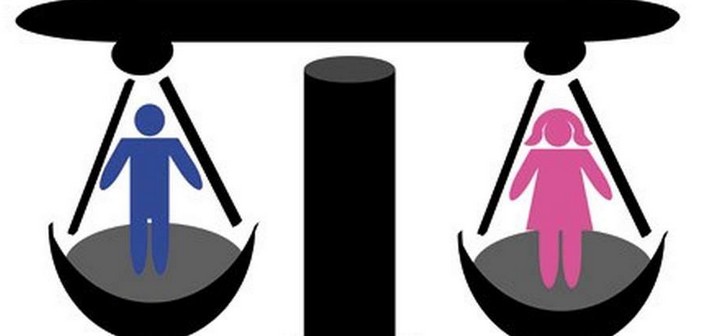Can we hope to combat ignorance and protect children from fanaticism as long as the authority and legitimacy of women, both in family life and public life, are not established as primary values?
A society or a country that despises half of its members, and by extension half of humanity, cannot carry a project of civilization.
To these questions, we record an initial reaction:
Here we are facing a question and an assertion (which seems to answer the question in advance), both of which deserve attention because they are controversial: the first concerns equality between women and men before the law.
There is no doubt in France, equality is engraved on the facades of our town halls and schools, inscribed in our Constitution. It is the very foundation of any democracy around the world; it is what allows education, emancipation, and women to take control of their destiny.
But what do we see in practice? It is in India, the world’s largest democracy, that sometimes baby girls are still killed at birth, that some women have abortions when the female gender of their baby is confirmed, that women are collectively raped to wash the honor of men.
Of course, this is forbidden and punished by law, but the law encounters customs and a caste system that nothing has managed to eradicate. And what can we say about France, about voting rights, the right to contraception and abortion, the right to control one’s own body, which have only been possible for two generations?
But if democracy is or has not always been a guarantor of equality, countries with authoritarian or theocratic regimes, countries that know neither voting rights nor equality between women and men, the societies—I don’t want to talk here about civilizations in the extreme globalization where we find ourselves—where customary law and religious rules have taken precedence over civil and secular law, societies that leave women out of public life, often in ignorance and early school drop-out, these societies that marginalize half of humanity will always be vulnerable to all forms of fanaticism.
And even if democracy does not protect against obscurantism and inequalities, it is through a society that grants voting rights, access to education and culture to women, where women and men are recognized as equal in law, where civil law is not modeled on religious precepts—always retrograde and unequal regardless of the religion—that religious fanaticism and ideological extremisms can retreat.
But let us not overlook the idea that fanaticism and extremism can only take root in an unequal environment, whether social or economic. That is why, in our societies where equality between women and men is a (nearly) established fact, the greatest challenge we have yet to face is indeed that of social, economic, and geographical inequality.
Jacqueline Devier
Federal Delegate for Equality and Women’s Rights of the PS of the Alpes-Maritimes


